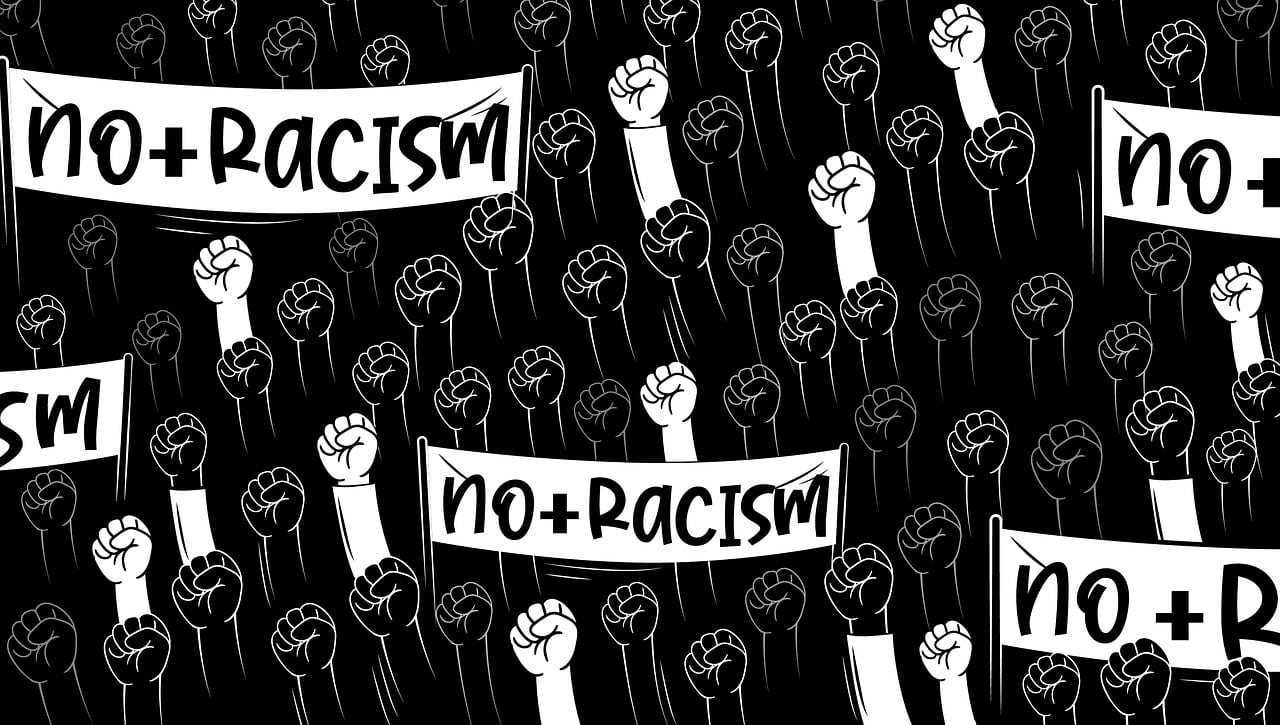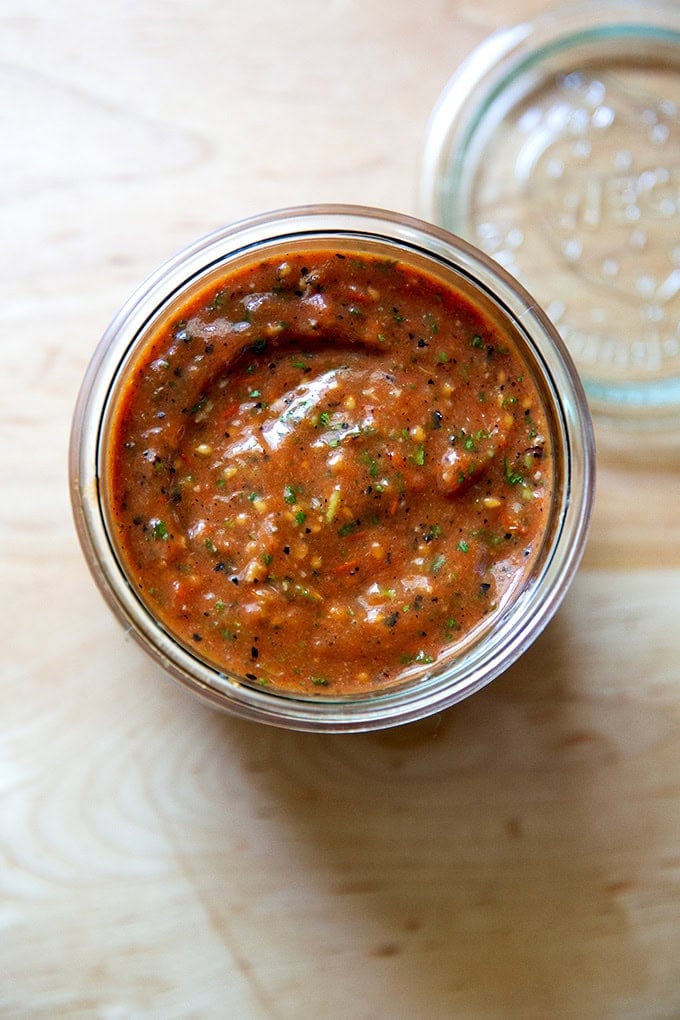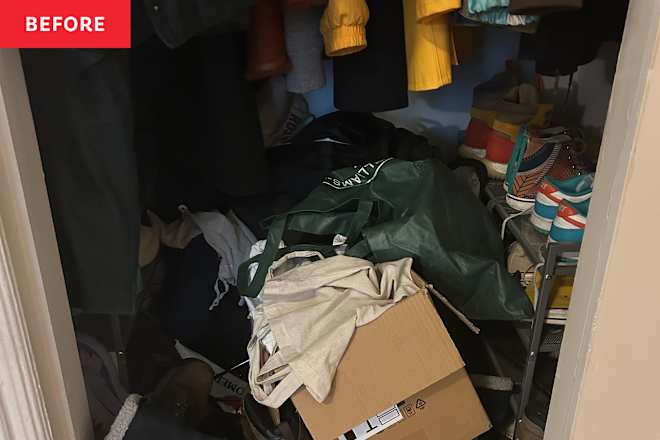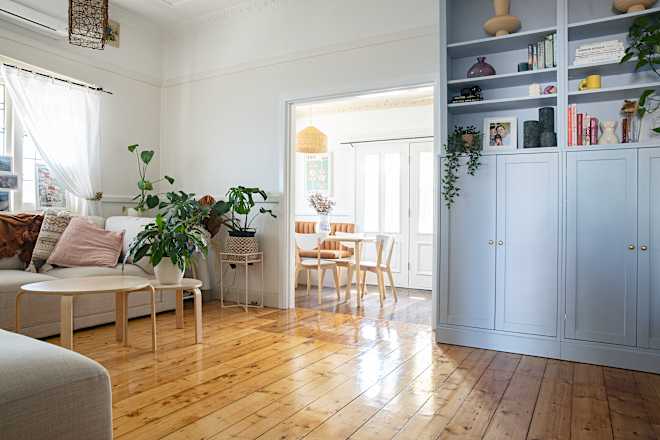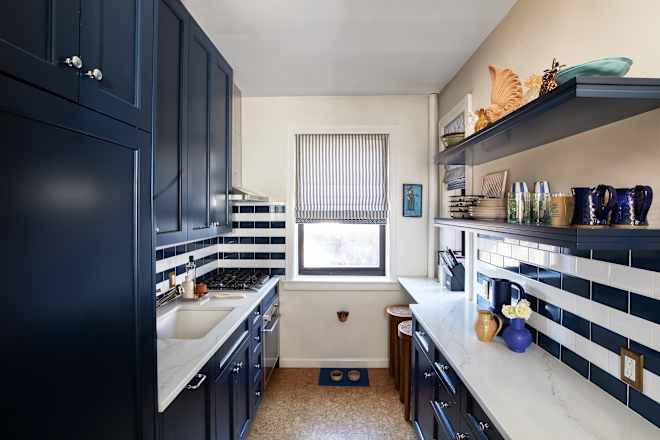I own a reselling business with my wife, and our sales are booming thanks to tariffs. I can't attribute this growth to anything else.
Business owner Ryan Frankel and his wife's reselling business has seen 41% revenue increase since President Trump announced new tariffs.
Renzo Novelli
- Ryan Frankel and his wife, Evelyn, launched Thrift Vintage Fashion in 2020.
- The business supplies secondhand clothing nationwide.
- Thrift Vintage Fashion saw a 41% revenue increase after tariffs were announced.
This as-told-to essay is based on a conversation with Ryan Frankel, a 36-year-old business owner in Miami. It has been edited for length and clarity.
My primary business is Thrift Vintage Fashion, which I launched in 2020 with my wife, Evelyn. We supply secondhand clothing — mostly men's wear, such as T-shirts, sweatshirts, and denim — to stores nationwide. When Trump took office in January, our sales took a steep decline.
Once he came into office, there was a lot of uncertainty. However, we noticed a significant incline once tariffs were announced in February. From February to March, we saw an unprecedented 41% increase in revenue (gross sales). Then we had our best March and April since we started the business.
I can't attribute our growth to anything other than the tariffs.
My family has been in this business for three generations
My grandfather began selling men's secondhand clothing after World War II. In the 90s, my father primarily sold denim and Levi's. When I started working with my father in 2010, we brought the business online and got our name out there.
After I launched Thrift Vintage Fashion, which is primarily a wholesale B2B business, it popped off right away. We did over $1 million in revenue in our first year working out of our garage during peak COVID in 2020. This was mainly due to my experience working with my father over the previous decade and improving the model and ordering efficiency through the TVF website. Renzo Novelli
Once Trump raised the tariffs, many of our clients reached out to us
Many clients — primarily secondhand clothing stores (big and small), vintage clothing stores, and online resellers — reached out to ask if the tariffs had affected our business. There was a lot of uncertainty, but we were able to confidently say, "No, we're not affected, and we're not going to raise our prices." Since then, we've just seen a slew of new orders come in, in addition to existing clients ordering a lot more.
Consumers preparing for prices to go up is another factor that has increased our secondhand sales. Everyone's talking about how fashion prices are going up, but since secondhand circulates within the US, no tariffs are affecting it at all. Renzo Novelli
It seems more people are interested in entering the reselling business
People are potentially looking into reselling more, which is positively affecting my wholesale business. We've seen steady growth across the US.
The US has been our primary market for the last three years, and we see increasing interest from new and existing resale clients. Our numbers are growing, our existing customers are doubling down on their business, and there's increasing demand in the secondhand market. I'm biased, as this is my career, but it's an excellent opportunity for shoppers and business owners to consider selling and buying secondhand goods.
There's so much of it out there: eBay, estate sales, garage sales, or storage units. A lot of secondhand merchandise is way better quality than most things produced today, and there's a growing demand for all of it. We're buying more goods and building our supply chain, prepping for growth in both wholesale and retail sectors. Renzo Novelli
The main challenges are the high costs of collecting, processing, and reselling these garments
Believe it or not, many used clothing articles cost more than many new clothing items made today. So, our company is always up against the perception of selling something used for the same price or more than new clothing. However, this perception is shifting daily, with people recognizing the value of secondhand versus cheap new fashion.
Every day, we're shedding the old stigma of secondhand shops being viewed as "less than." The fact is that the items we sell are in excellent condition. While many brands produce cheap, throwaway fast fashion, older clothes were often made more durably. Whether the clothes were made five or 15 years ago, many desirable styles have become rare by nature and hard to find, thus increasing their value. Renzo Novelli
The desire for secondhand items will probably continue
If you're already selling secondhand items, that's great; stick with it. You're probably seeing increases already, and I think it will continue. If you're not selling secondhand, especially if you're worried about tariffs, I would consider trying to implement it into your existing business.
There are so many significant factors in buying secondhand that the average American consumer slowly recognizes more each day. There are also opportunities to grow a brand reselling the billions of secondhand garments in circulation. I believe we're past the days of "thrifting" carrying a negative connotation. We're scratching the surface of what's possible with secondhand.
If you're a small-business owner with a unique story that you would like to share, please email the editor, Manseen Logan, at mlogan@businessinsider.com.










![[FREE EBOOKS] Modern Generative AI with ChatGPT and OpenAI Models, Offensive Security Using Python & Four More Best Selling Titles](https://www.javacodegeeks.com/wp-content/uploads/2012/12/jcg-logo.jpg)

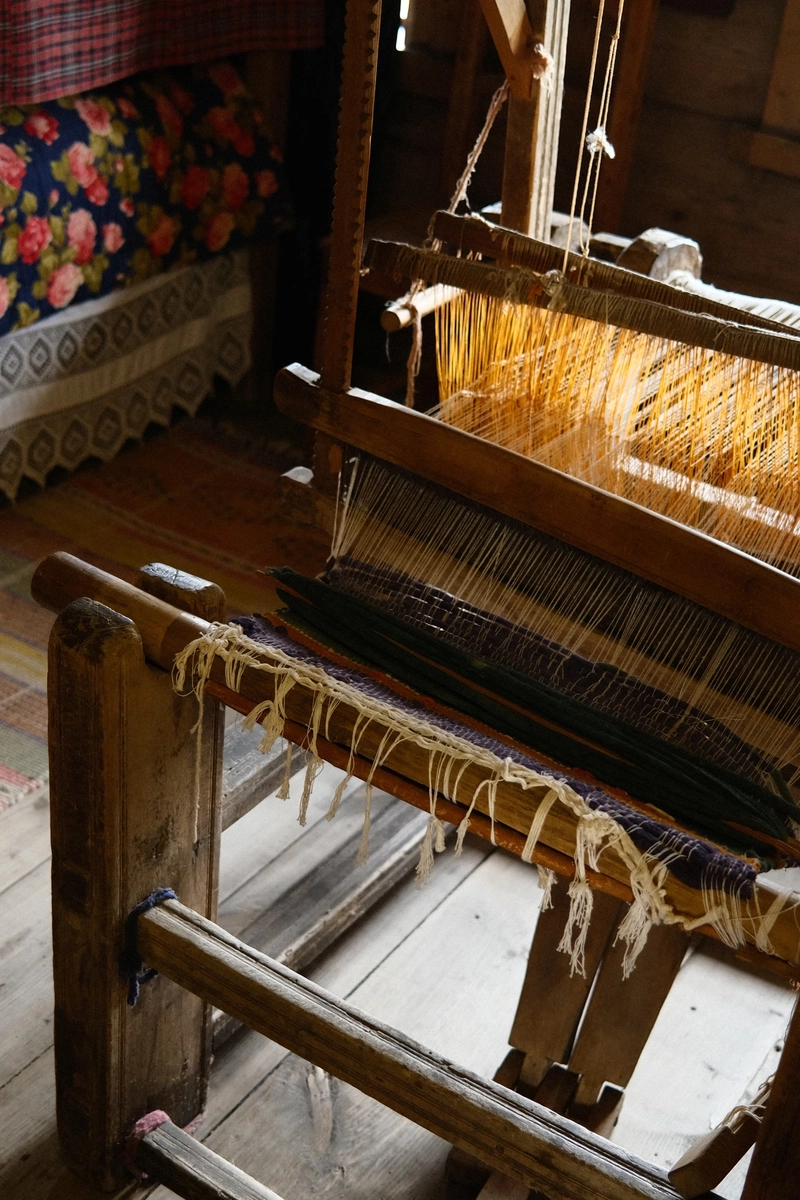






.webp?#)















